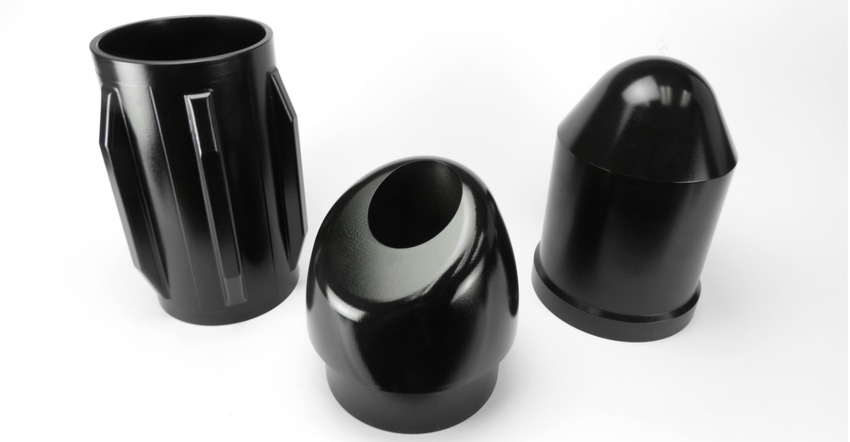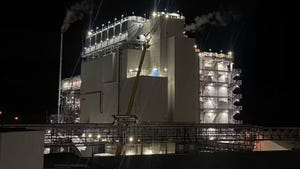ExxonMobil Acquires Nobel Prize–Winning Composites Firm
California-based Materia pioneered the development of Nobel prize–winning technology for manufacturing a new family of thermoset resins.
December 10, 2021

ExxonMobil Chemical Co. has acquired California-based Materia Inc., which pioneered the development of a Nobel prize–winning technology for manufacturing a new class of thermoset resins. The materials can be used in applications such as wind turbine blades, electric vehicle (EV) components, sustainable construction, and anticorrosive coatings. “This technology can be used to form composites that exhibit strength and stiffness equivalent to steel, with significantly reduced weight,” said Cliff Post, Materia President and CEO.
Materia has been working since its formation in 1999 on the development and commercialization of a new class of ruthenium catalysts and ring-opening metathesis polymerization (ROMP) chemistry invented by Caltech Professor Robert Grubbs. He received a Noble Prize in Chemistry in 2005. This acquisition couples Materia’s technology with ExxonMobil’s complimentary proprietary processes and world-class manufacturing capabilities to bring these new sustainable structural polymers to greater commercial scale.
Resins are exceptionally tough and durable
Proxima thermosets are two-part thermoset systems created with proprietary blends of dicyclopentadiene (DCPD) and other co-monomers and additives for fine control of performance and reactivity. Unlike most thermoset resins such as epoxies, vinyl esters, and polyester resins, Materia Proxima resins are not brittle. Exceptionally tough and durable, they also bring benefits such as corrosion resistance, ease of fabrication, and use in a wide range of temperatures.
Proxima resin systems have the heat tolerance and processability of a thermoset, the impact strength and damage tolerance of a thermoplastic, and the low moisture absorption and corrosion resistance of a fluoropolymer. A variety of formulations are available to provide combinations of stiffness, impact strength, and heat deflection temperatures, including toughened and high-heat neat resins, carbon-fiber composites, glass fiber composites, and syntactic foams.
Further, the materials are designed to be compatible with industry-standard manufacturing processes. They can be processed using reaction injection molding (RIM), resin transfer molding (RTM), vacuum-assisted resin transfer molding (VARTM), and rotomolding.
ExxonMobil to expand Proxima applications into EV parts
Since 2017, ExxonMobil and Materia have been collaborating to research further uses for Proxima under a joint development agreement, including wind blade and anti-corrosion coatings. For example, the technology could enable the manufacture of longer and more durable wind turbine blades for more efficient renewable energy generation. ExxonMobil anticipates expanding the scope of applications for Proxima, including parts for EVs and sustainable construction projects.
With initial support from CalTech and private investor capital, Materia has already achieved commercial applications in several sectors, including oil and gas and industrial molding applications. In 2016, Materia received a $2 million grant from the US Department of Energy to explore the feasibility of molding hydrogen tanks from a Proxima carbon-fiber composite.
The acquisition includes Materia’s extensive portfolio of patents and intellectual property; its headquarters and research and technology center in Pasadena, CA; and its manufacturing facility in Huntsville, TX. ExxonMobil intends to operate the business under the Materia company name as a wholly owned subsidiary.
About the Author(s)
You May Also Like




